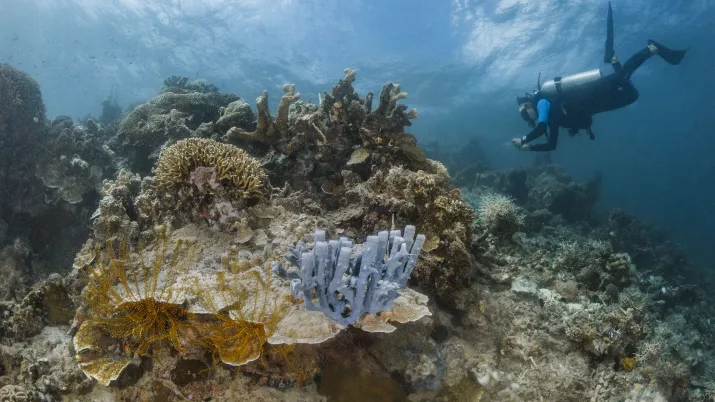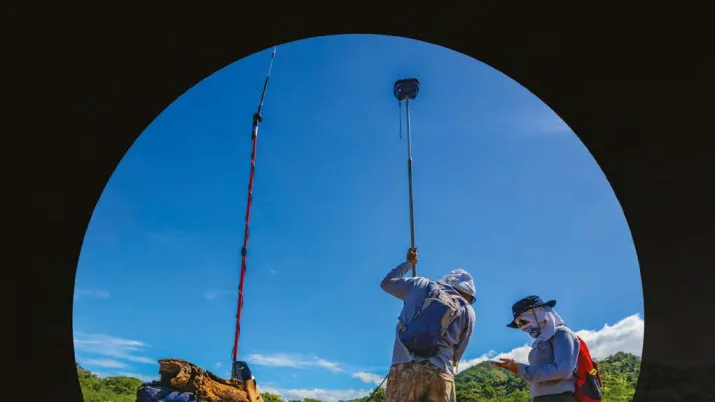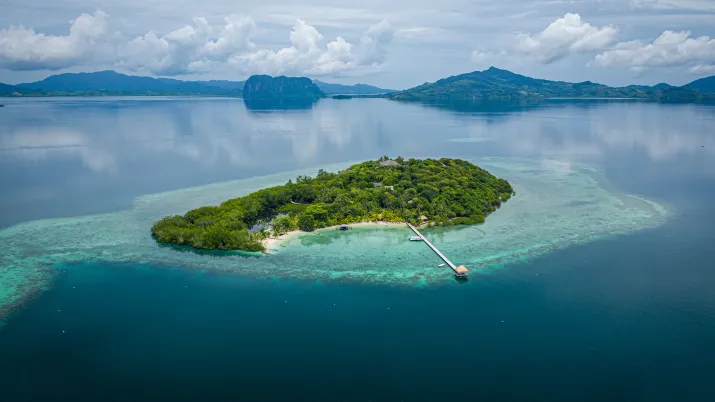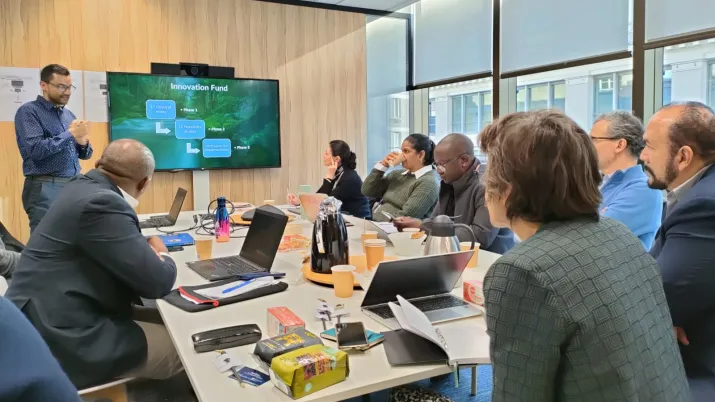Share the page
Take a look at the collection of 8 FFEM guides on aquatic ecosystems
Published on
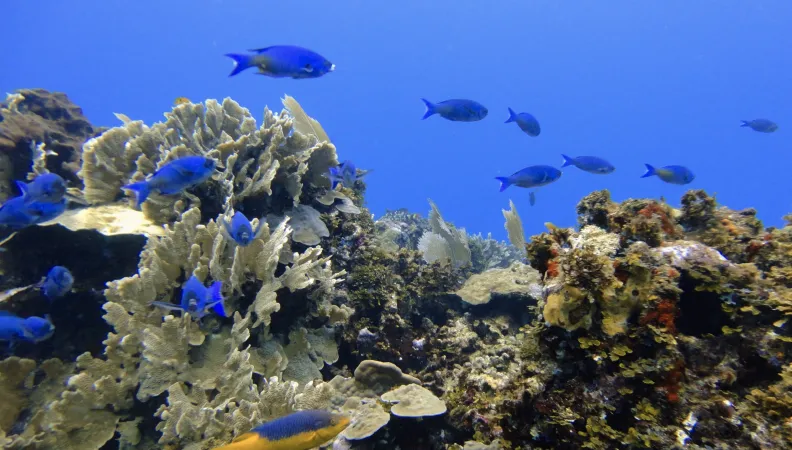
Following on from previous works on marine ecosystems in climate regulation*, the FFEM is expanding its collection with 7 other scientific guides*, These guides evaluate the current knowledge of various aquatic ecosystems (marine and coastal, freshwater ecosystems) cover the threats and pressures they are subjected to and provide management tools.
The current ecological crisis, marked by a significant decline in biodiversity within a context of global change, requires a stronger and more sustainable protection of marine and coastal ecosystems.
To meet these challenges a global mobilisation empowering citizens to change their everyday behaviours is imperative to implement the actions that will enable these essential ecosystems to survive.
Current skills and expertise will enable new professions to emerge: it will be up to future generations to be adaptable in order to support these changes.
New tools and management approaches will need to be developed to aid deep-sea ecosystem conservation.
Through these works, from which decision-makers and multiple actors (practitioners, experts, NGOs, students and young professionals, etc.) can draw inspiration, the FFEM helps promote the integrated management of coastal areas and the sustainable development of marine environments.
( *The guides are currently available in French only; an English version will be available soon.)
Other guides on marine ecosystems 1/2
Other guides on marine ecosystems 2/2

Further reading
